Why people become empaths?
Is it temperament? Genetics? Trauma? Neglectful or supportive parental upbringing?
As a psychiatrist and an empath, I’ve seen that there are four main factors, which can contribute to heightening one’s sensitivities.
1. Temperament.
Some babies enter the world with more sensitivity than others—an inborn temperament. You can see it when they come out of the womb. They’re much more responsive to light, smells, touch, movement, temperature, and sound. These infants seem to be empaths from the start.
Related: 15 Ways To Stay Grounded And Protected For An Empath
2. Genetics.
Also, from what I’ve observed with my patients, some forms of sensitivity may be genetically transmitted. Highly sensitive children can come from mothers and fathers with the same inborn traits. Therefore, it is possible that sensitivity can also be genetically transmitted through families and that’s why people become empaths.
Related: A Relationship Without Empathy
3. Trauma.
Childhood neglect or abuse can affect your sensitivity levels as an adult. A portion of empaths I’ve treated have experienced early trauma such as emotional or physical abuse, or they were raised by alcoholic, depressed or narcissistic parents. This could potentially wear down the usual healthy defenses that a child with nurturing parents develops. As a result of their upbringing, they typically don’t feel “seen” by their families, and feel invisible in the greater world that doesn’t value sensitivity.
Related: Trauma Trigger People And The Empath
4. Supportive Parenting.
On the other hand, positive parenting can help sensitive children develop and honour their gifts. Parents are powerful role models for all children, especially sensitive ones.
In all cases, however, we empaths haven’t learned to defend against stress in the same way as others do. We’re different in that respect. A noxious stimulus, such as an angry person, crowds, noise, or bright light can agitate us since our threshold for sensory overload is extremely low.
Healing is possible for all sensitive people. Even if you’ve experienced early trauma or have been raised by abusive or narcissistic parents, it’s important that you learn to feel safe enough to embrace your sensitivities now.
Related: What is a Food Empath? 6 Ways To Reduce Stress and Overcome Food Addictions
Part of this involves learning to set healthy boundaries with others and choosing positive people in your circle who can support your sensitivities. In addition, protection and centring techniques and meditations can help to strengthen your core so you can be both strong and sensitive.
The goal is for empaths to be empowered and use their sensitivities to be loving to themselves, their intimates, and create love in the world.
(Adapted from “The Empath’s Survival Guide: Life Strategies for Sensitive People” by Judith Orloff MD, a book which shows sensitive people how to embrace their sensitivities without absorbing other people’s stress)
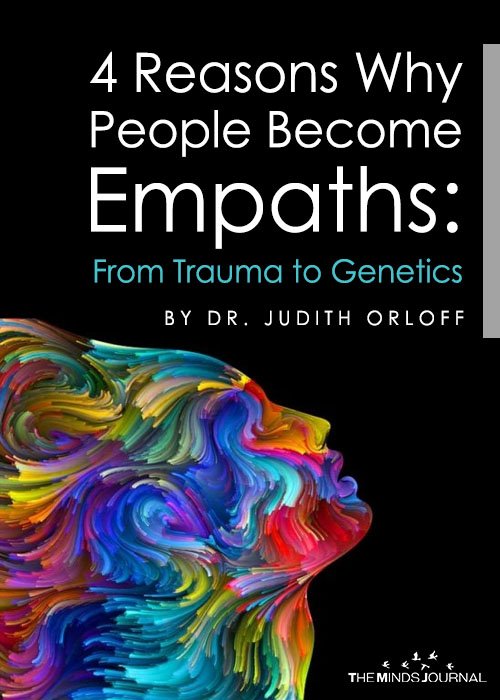
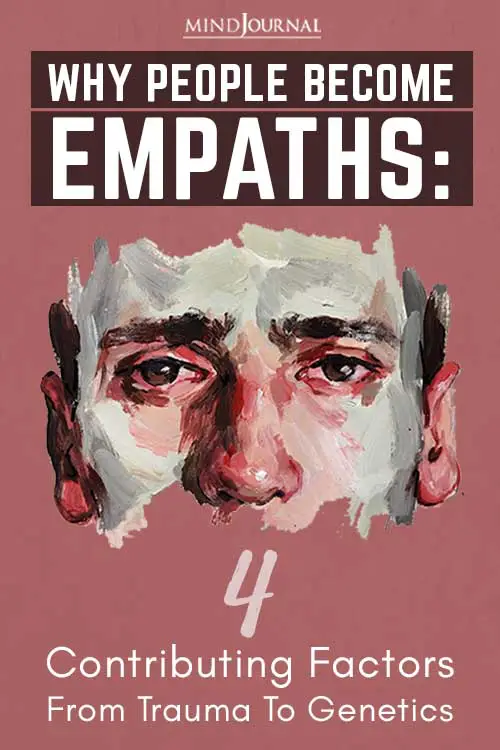
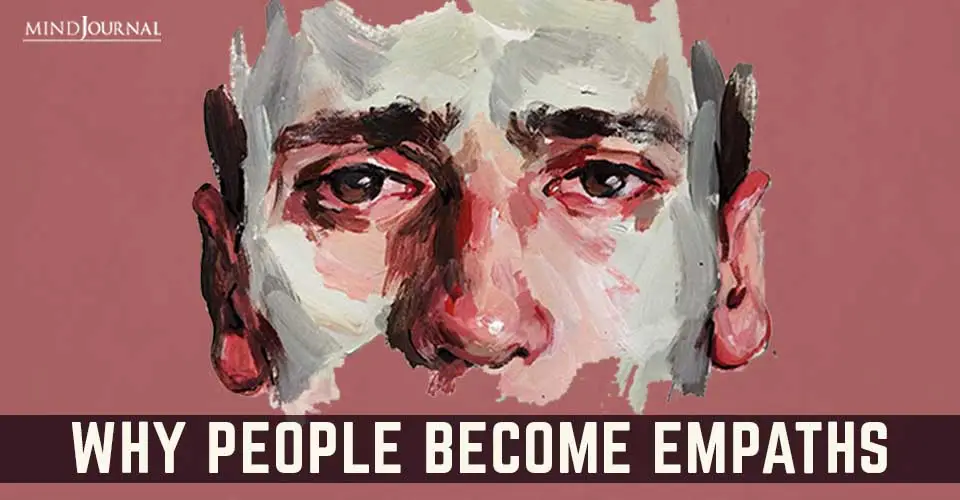
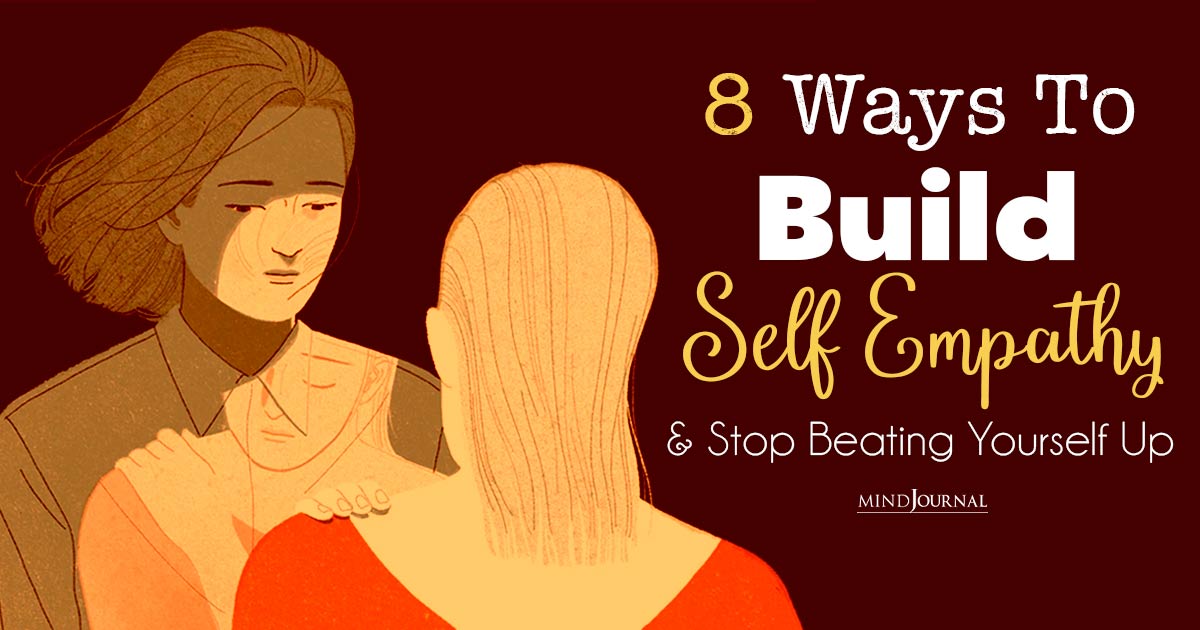
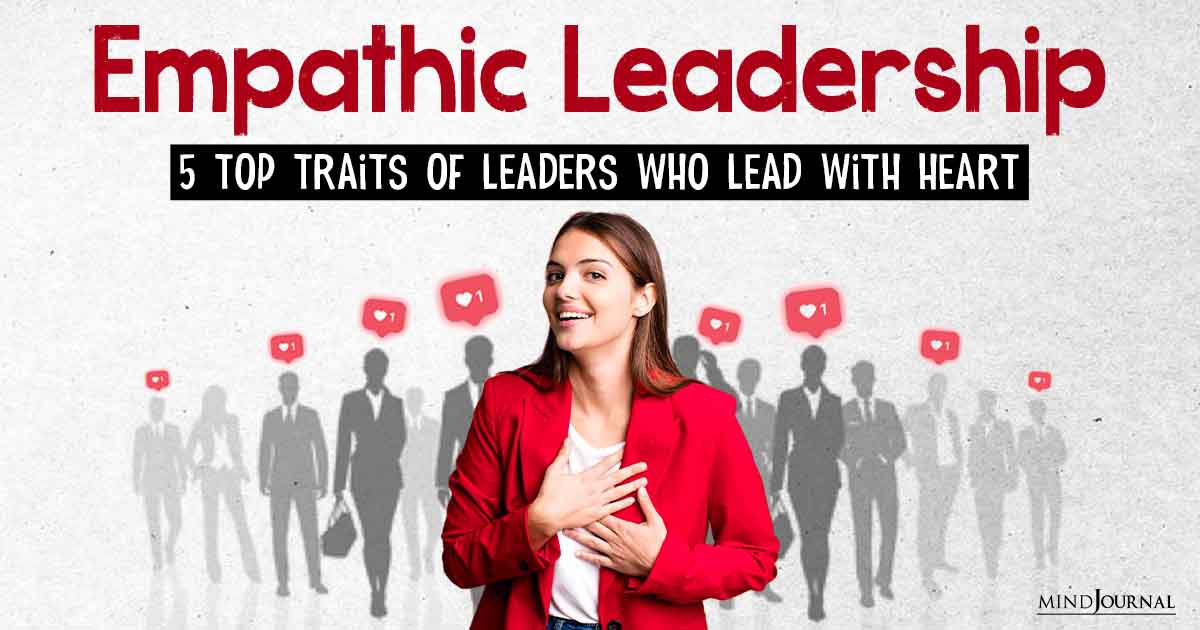
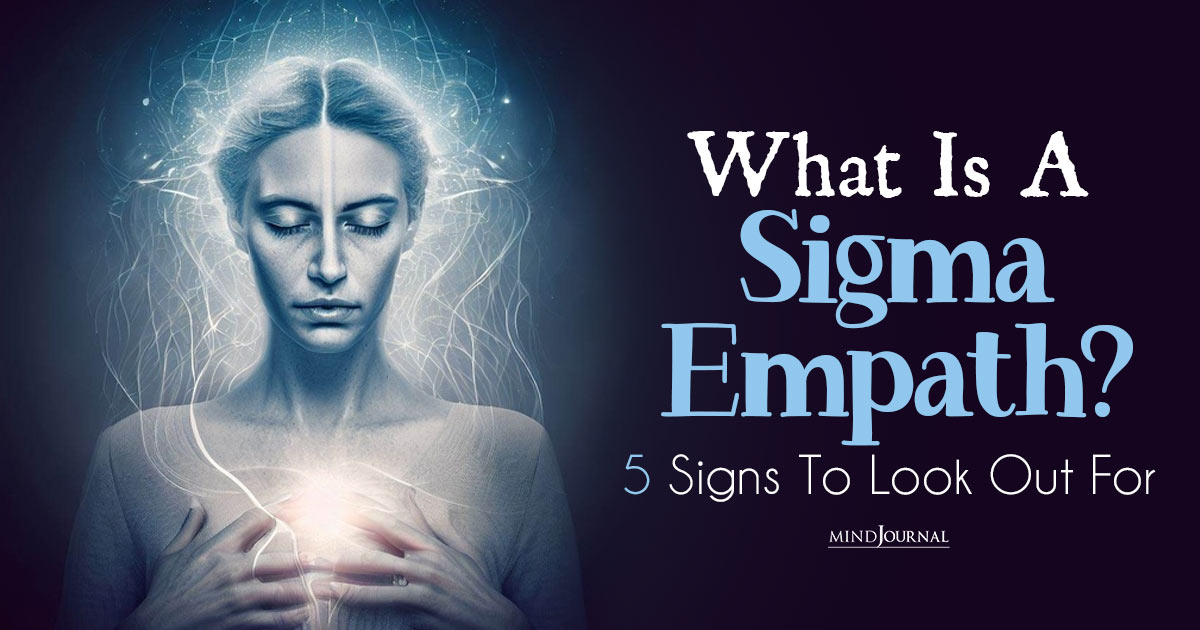
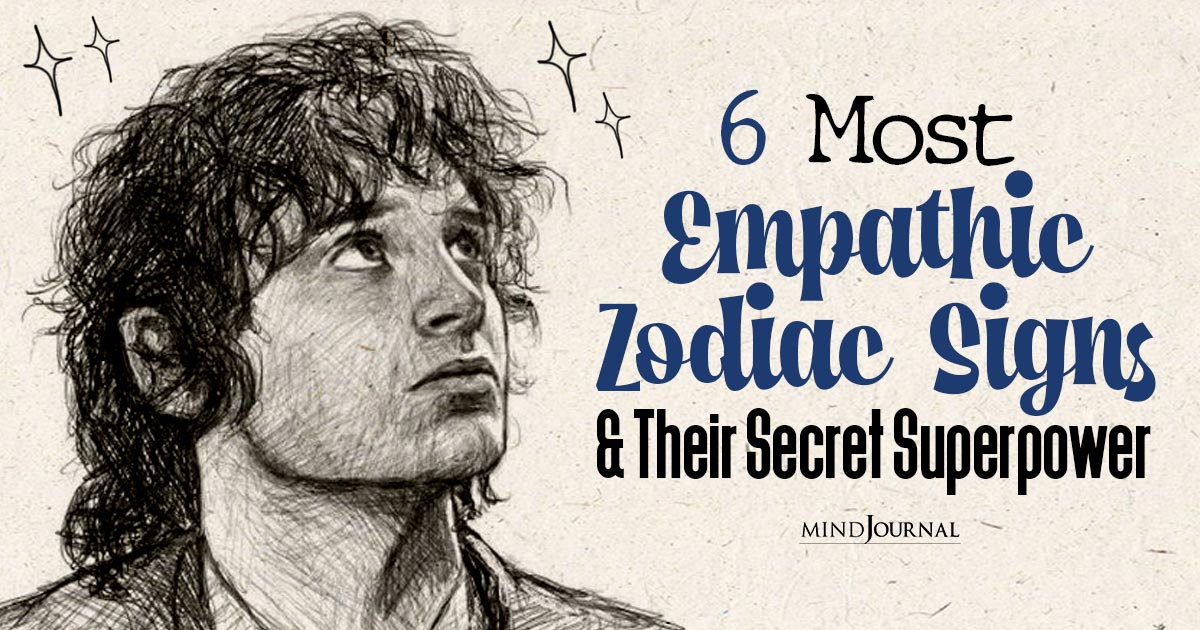

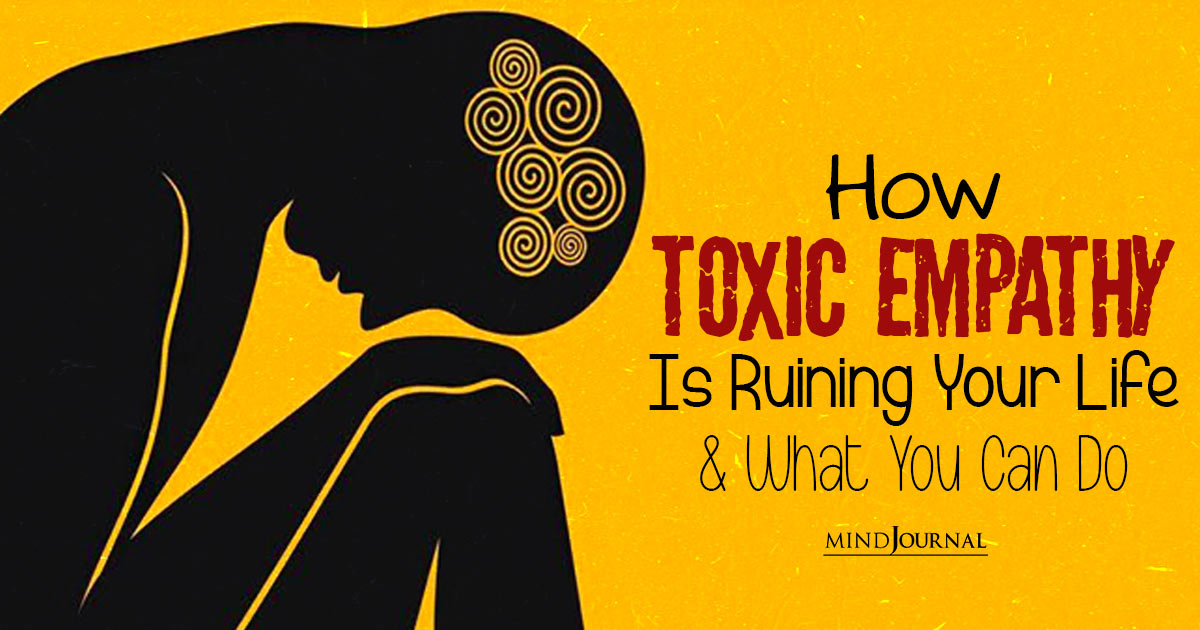
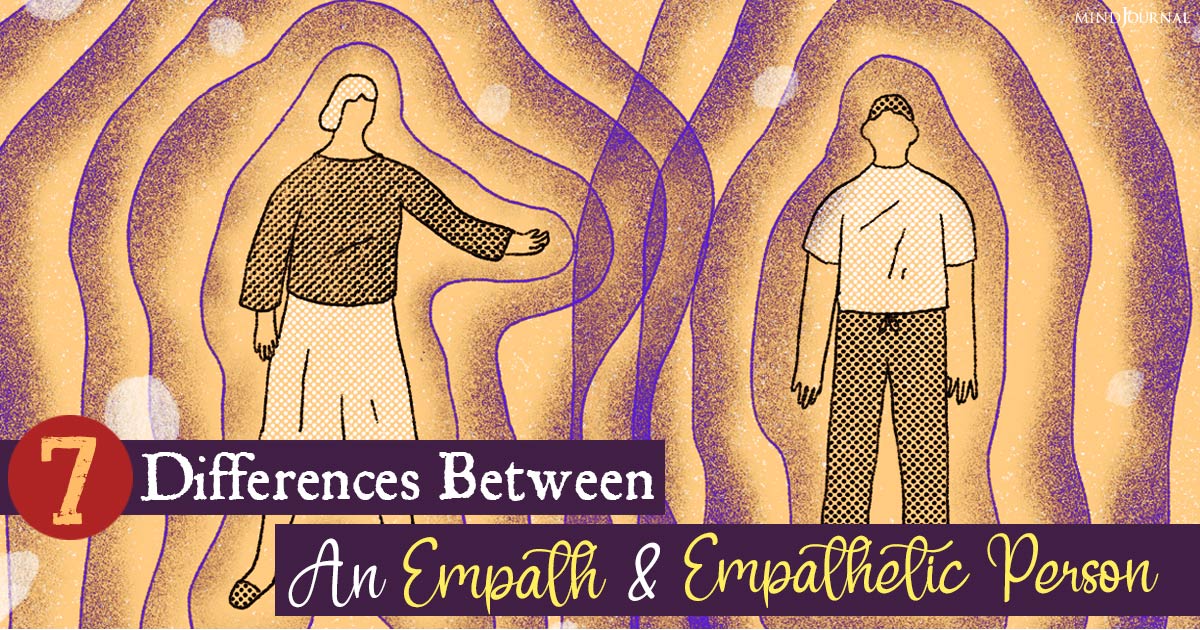
Leave a Reply
You must be logged in to post a comment.